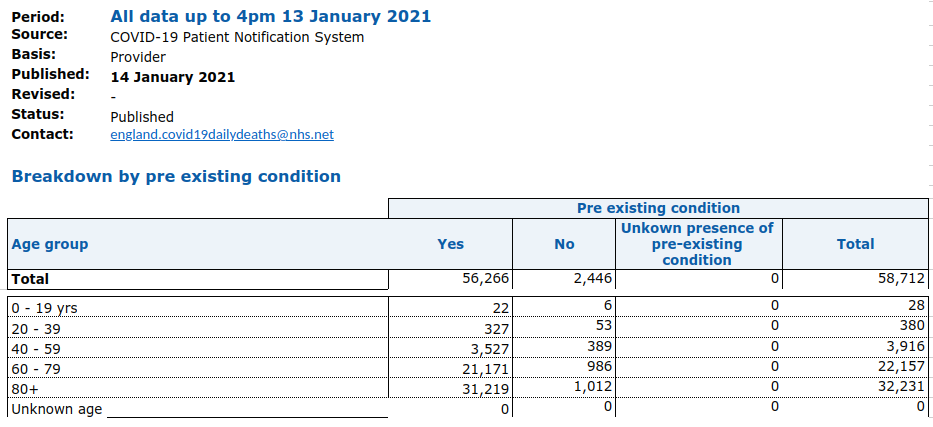On Reforming Britain 4: The future of Scotland
Following on from Northern Ireland, let us consider options involving Scottish independence.
It looks likely that next month's Scottish Parliament election will return a pro-independence government, either an SBP minority or formal SNP-Green coalition. If this does happen then, as this article clearly argues, it would be best to negotiate clear terms of the divorce before any poll.
One concrete term I would expect to be made is for the naval bases Faslane and Coulport (Trident submarine bases and missile stores, see here for more info) to become Sovereign Base Areas (similar to Akrotiri and Dhekelia, or the Irish treaty ports) on a 99 year, renewable lease. Other bases such as Glen Douglas, Rosyth, and Lossiemouth could potentially also be leased or retrained by the rUK.
Furthermore, I would negotiate an opt-out for regions that vote no to independence to succeed from Scotland to remain in the rUK in the event of a yes vote, either fully integrated or as crown dependencies. This is already being considered by Shetland and Orkney. In addition, some of the other Scottish Isles, and maybe even the Scottish border counties or parts of the Highlands might choose this, though for the latter it might not be practical to become an enclave.
The following map show what might be a possible independent Scottish state (in yellow), with areas remaining in the UK in red (not shown- military bases):
One final point I will consider here is if Scotland retains the monarchy, in which case the Queen would either still have the title of the Queen of Great Britain, as was the case from the reign of James I, or whether she would have separate titles of Queen of England (and Wales and NI) and Queen of Scotland. I predict an independent Scotland would soon have a republican movement, especially on the ascension of Charles to the throne.

Comments
Post a Comment